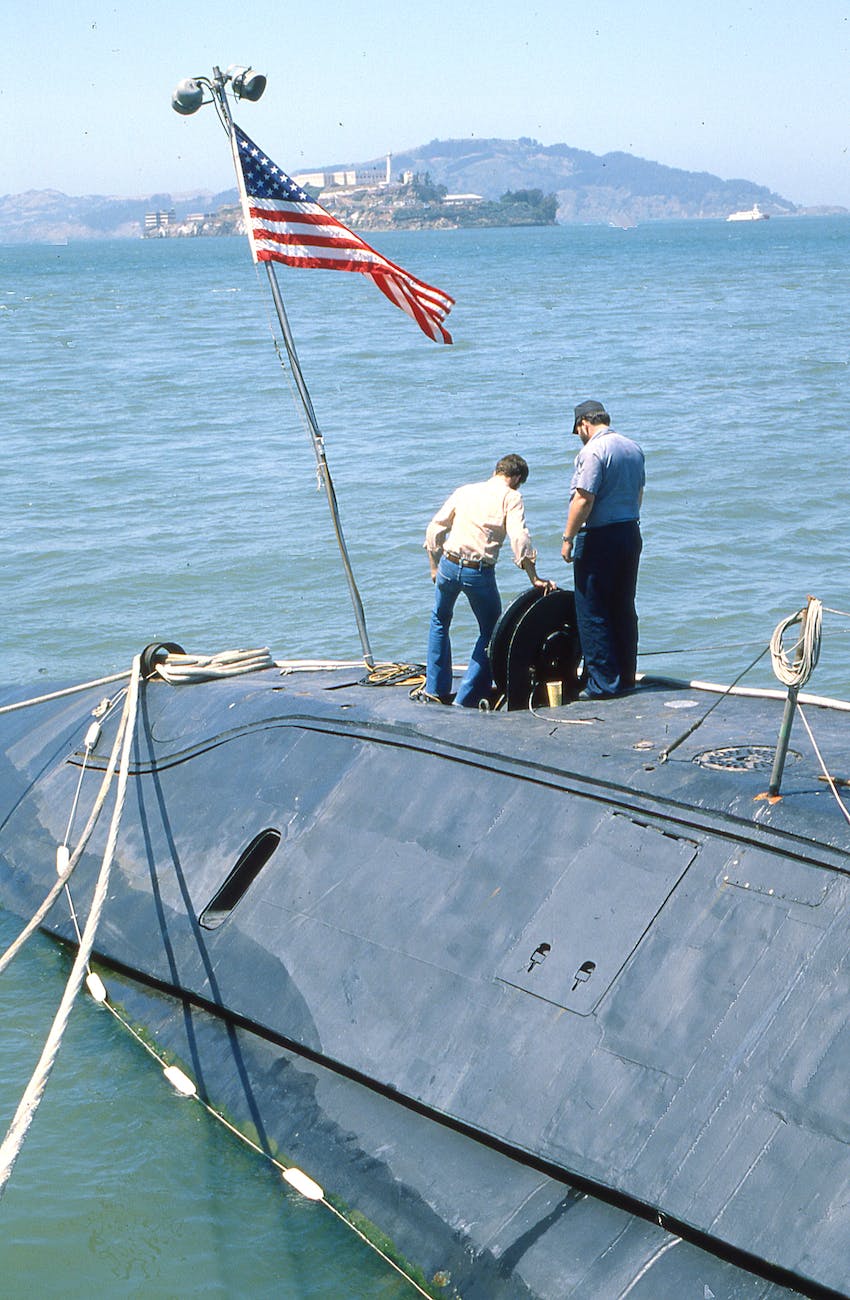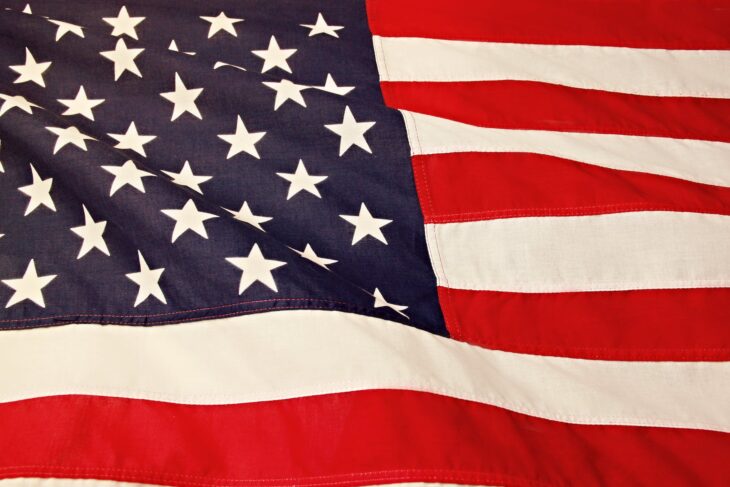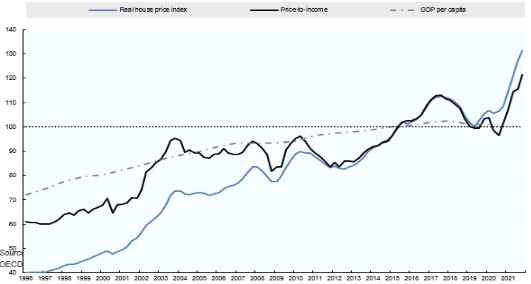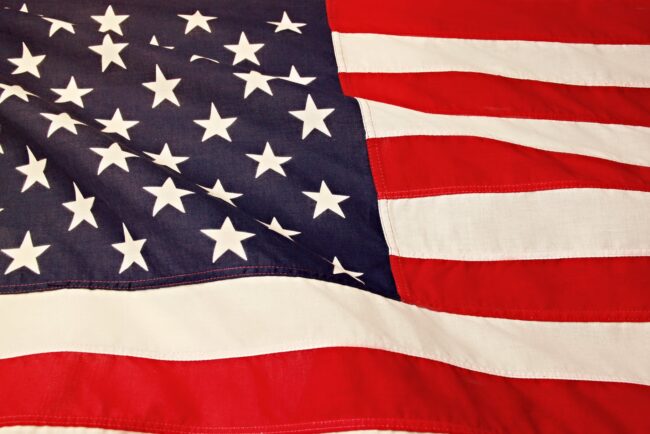

Watching The Whale I was struck by several insights into the issues raised by this film. Firstly, by how un-American this movie was. Where were all the beautiful people? American celluloid and TV is, generally, characterised by a smug self-confidence with everybody sensing that they are the bee’s knees. The Whale watcher: Barfing about blubber. Holding up a mirror to a nation with a massive obesity problem is not normal fare on American screens. The clever use of intertextuality with that god awful American novel Moby Dick called attention to the theatrical roots of this production. The play/movie grappled with those age old American themes so densely inculcated within Moby Dick. God, religious belief, and questions of morality fill the pages of the great American novel. If you have ever attempted to read Moby Dick, the actual white whale is rarely sighted within its pages, rather Melville subjects readers to endless tracts on earnest searches for meaning within the Christian paradigm. It is a book that tries too hard to be morally deep and meaningful.
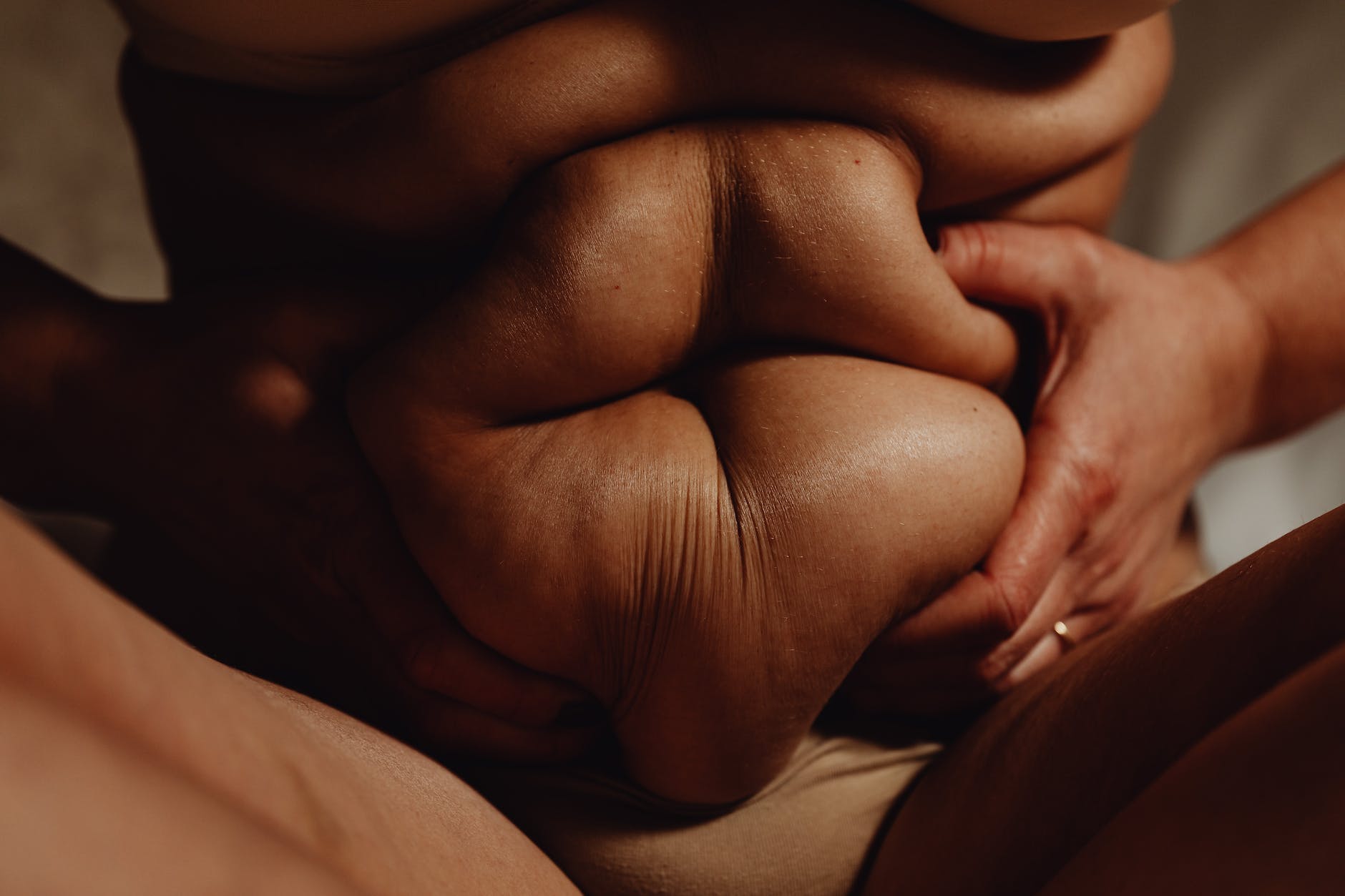
A Whale Of A Film About Fat
The morbidly obese central character at the heart of The Whale is filmed unflinchingly stuffing his fat face.
Fat people are rarely featured in movies apart from their roles as comedic bit players, generally, employed to lighten the tone. Funny and fat is the usual score. Maybe, funny/sad and fat for films with a little more shading. Grossly obese in close up is not a Hollywood template for box office success. The whale is beset by an ensemble of characters representing family, friendship, fast food, and American evangelical door knocking Christianity. In his last days and hours in terminal decline our whale encounters filial responsibility, an embittered but loyal carer, daily pizza deliveries, and a lost soul hoping to save a whale with missionary zeal.
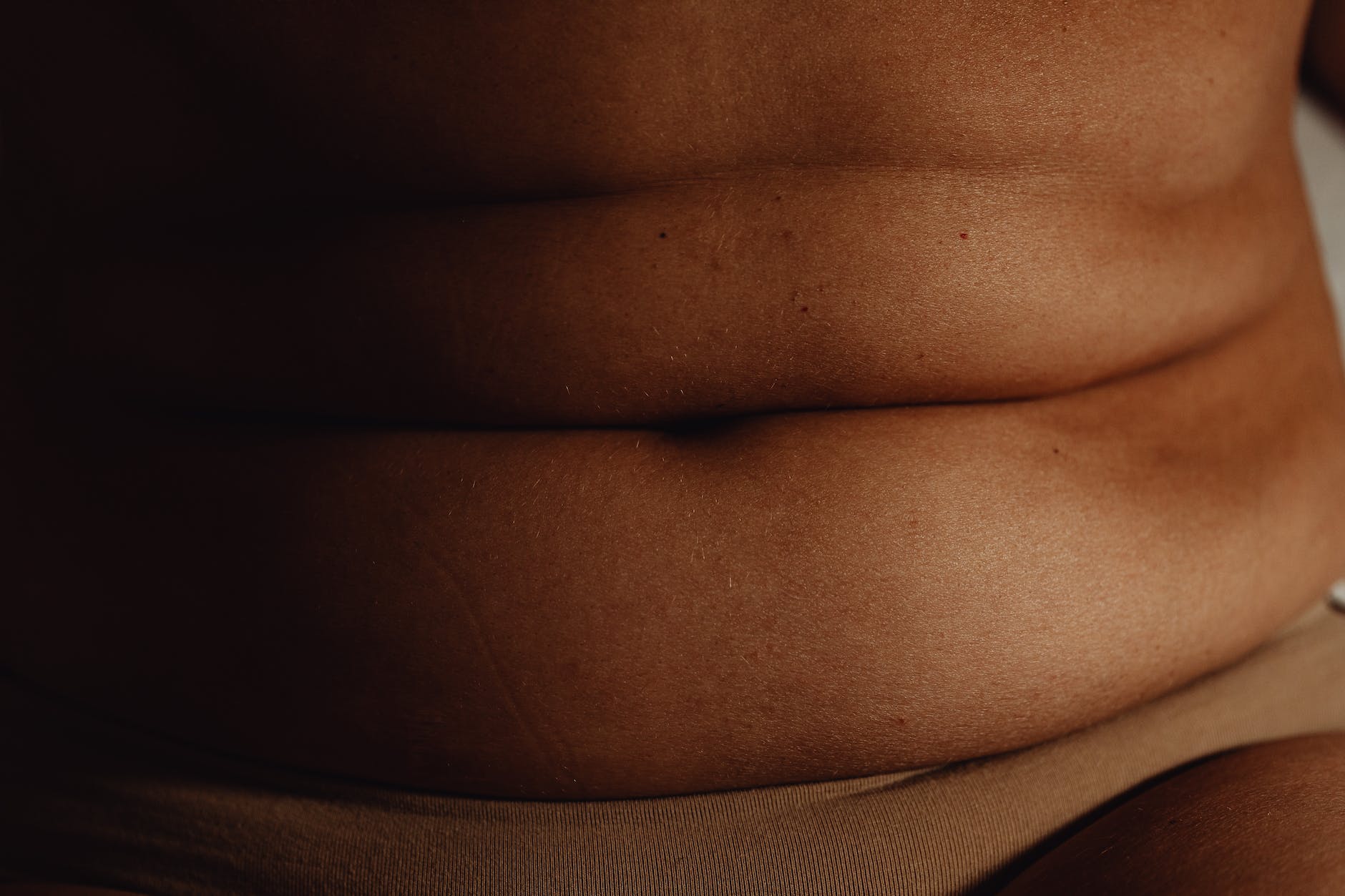
Whaling About A Fat Tragedy
Fat people, really fat folk, are not culturally sympathetic archetypes in the West. We do not deeply empathise with these individuals because we apportion blame for their indulgence in too much of a good thing.
The Whale is both tragedy and spiritual triumph in some sense. The backstory of Brendan Fraser’s character has a doomed homosexual relationship ending in the death of his younger lover/partner which has tipped a fat man into a spiral of calorie ingested obesity. Death by over eating. A husband and father who left his spouse and 8 year old daughter to pursue an adult student. The whale is a teacher employed by a university to run online classes for students. A condemning evangelical religion hangs over the doomed love affair between the two men.
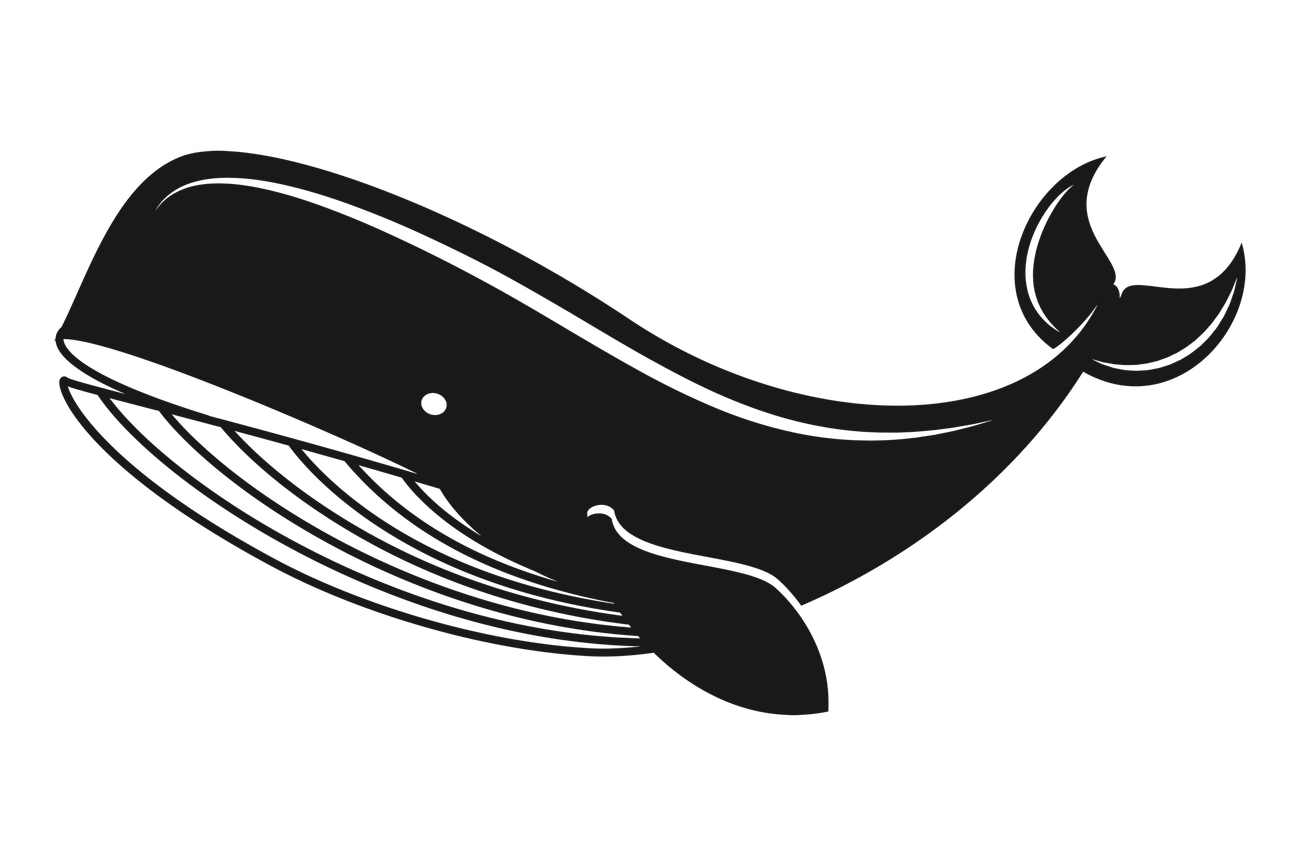
Family & The Fat Gay Man
There are interconnecting strands within the web of human relationships in this ensemble piece. The erstwhile carer is sister to Alan the dead lover and their father is an authoritarian religious zealot who shunned his son and his sexuality. The whale’s daughter is acerbic but dynamic in her teenage disgust and fury over her father’s betrayal and rejection of her. There is anger bubbling over in both carer and daughter. This plays against the overwhelming sweetness of our very fat protagonist. The whale sits enveloped in fatty flesh and his decrepit couch like a sweetly faced spider choking on his own gastric juices. His feeding frenzies are designed to invoke disgust, I suspect, as large amounts of food are fed into his maw like something grossly repellent in the insect world magnified a hundred fold. The Whale watcher: Barfing About blubber is on the menu in this celluloid offering.
Will fat people find salvation in watching The Whale? Will they walk out of the cinema thinking and feeling that at least they are not in this shape?
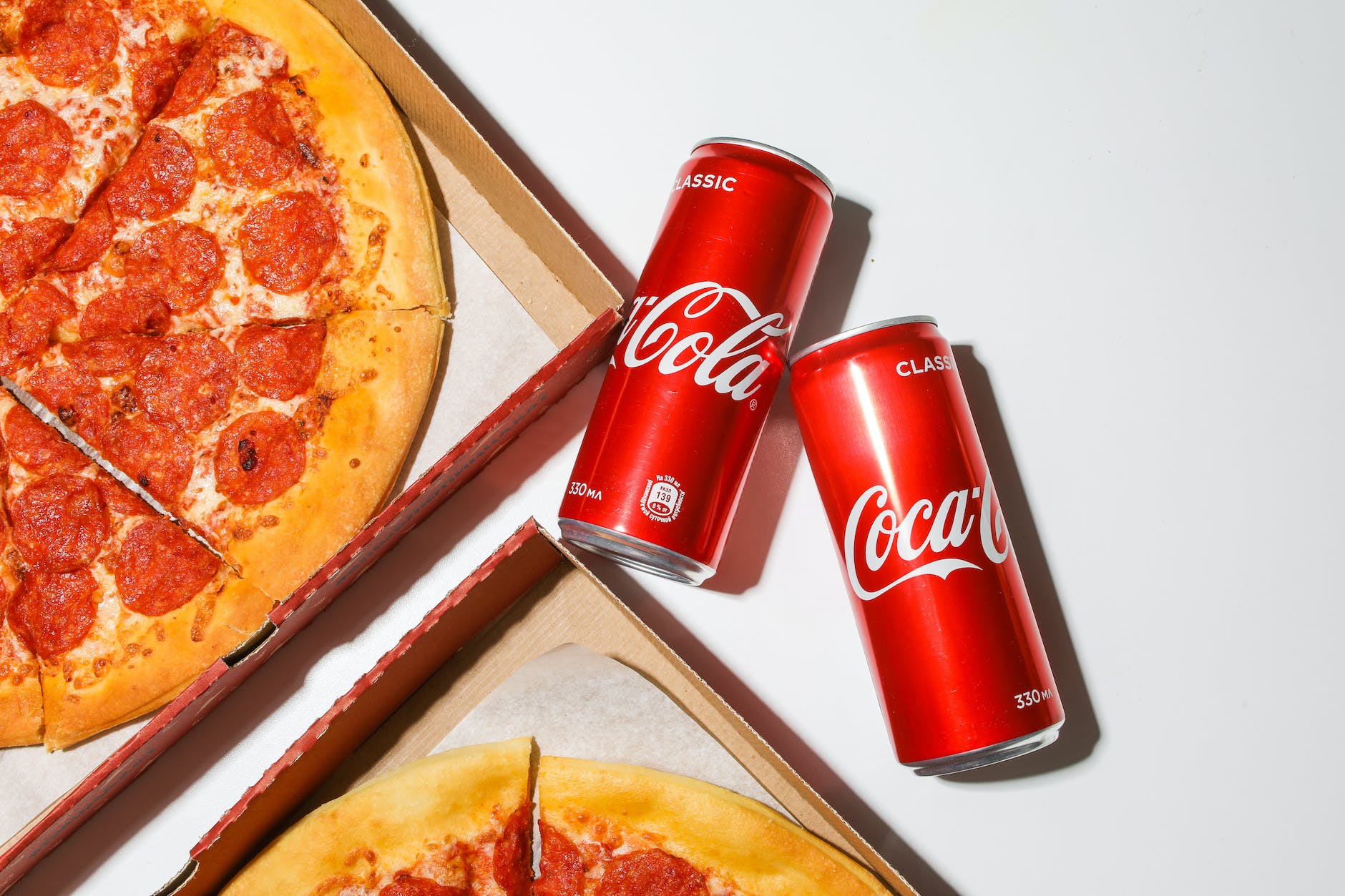
America Selling The Fat Dream
The American tradition of selling is echoed in this movie like a faint intimation of Arthur Miller’s Death of a Salesman. The pizza delivery guy who, daily, calls through the front door and is forced to leave his product on the porch. The whale does not want to be seen, as his self-disgust mirrors our own for the shambolic vat of fat he has become. The fast food nation and its convenience mantra makes eating yourself to death easy in God’s own country. The young missionary from Iowa, who has journeyed all the way from the next state to Idaho, is selling soul saving despite his deceptions and failures on this score. The whale runs his Zoom classes to the university students with his own camera switched off. His blank screen sits surrounded by the images of bright young faces like a black hole.
The cultural unacceptability of obesity is repeatedly reinforced in this celluloid production.

There is a kitchen sink realism to The Whale with broken people bearing their anguish and anger on display. Daughter blames father. Carer blames father. Young missionary blames his church leader. The alcoholic mother of the daughter declares her evil. Can fat be blamed on American capitalism and its unrelenting and unregulated commercial nature. The whale blames his ghastly condition on his broken heart. The movie transcends this, however, in its climactic culmination. Spirit longs to be free of the biological casing that holds it. The music swells in intensity as a father’s love for his estranged daughter reaches out in entreaty. The teacher within him offers assuaging messages of love and confidence in her own ability to go on and live a worthwhile life. This could become a favourite movie of English teachers to screen for their students. The Whale ends on a triumphant note, a white screen which suggests a somewhat glorious death in the sense that spirit is freed from far too much flesh. The Whale is a worthy and heartfelt cinematic experience, but I wonder if they will hand out barf bags like they used to on aeroplanes? The white whale does not definitively die at the end of Moby Dick and, I suppose, there is, also, an ambiguity at the conclusion of The Whale in this sense.

Moby Dick Matters
“David Gilbert: Let’s make one thing clear: I have nothing specifically smart to say about Moby-Dick mainly because I can’t pretend to understand Moby-Dick. The book is nearly impossible to place, to categorize, to hold without feeling the vertiginous swell of its creation. More than any other book, it fills me with awe and dread. I have read it twice, listened to it once. My first reading was in college and it was a struggle because I was in college and reading Moby-Dick was low on my list of college-worn priorities. But I finished. Or I pretended to. I skipped a fair amount. And then I told people I had read Moby-Dick. That seemed the point.”
Does spirit really exist? Are the thoughts and feelings we have really our soul communicating its presence? Is the blubber encased whale something separate from his sensitive yearnings and teacherly wisdom? Can the disgusting fat man be both ethereally beautiful and totally gross? Watch The Whale and find out for yourself.
Robert Sudha Hamilton is the author of Money Matters: Navigating Credit, Debt & Financial Freedom
©Midas Word



